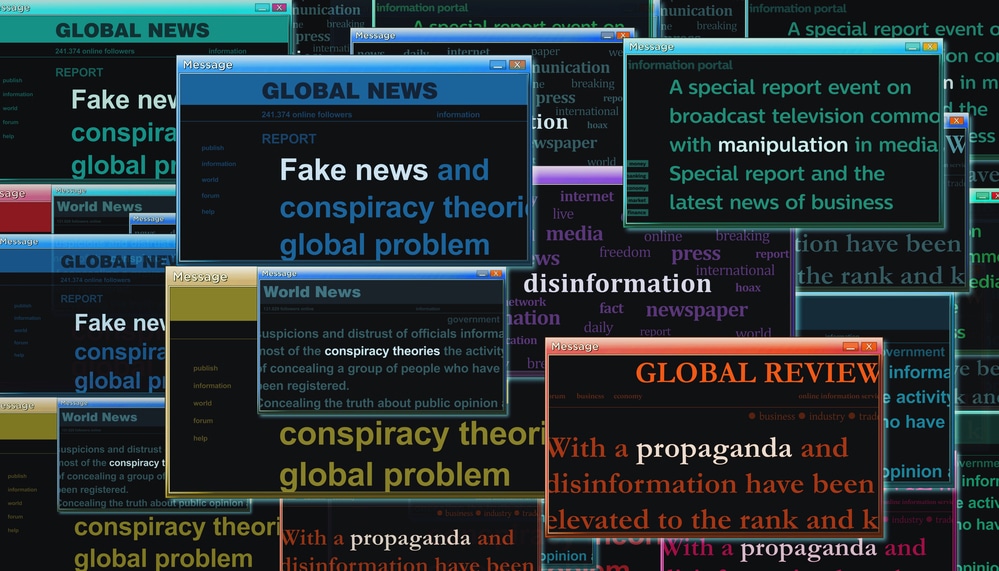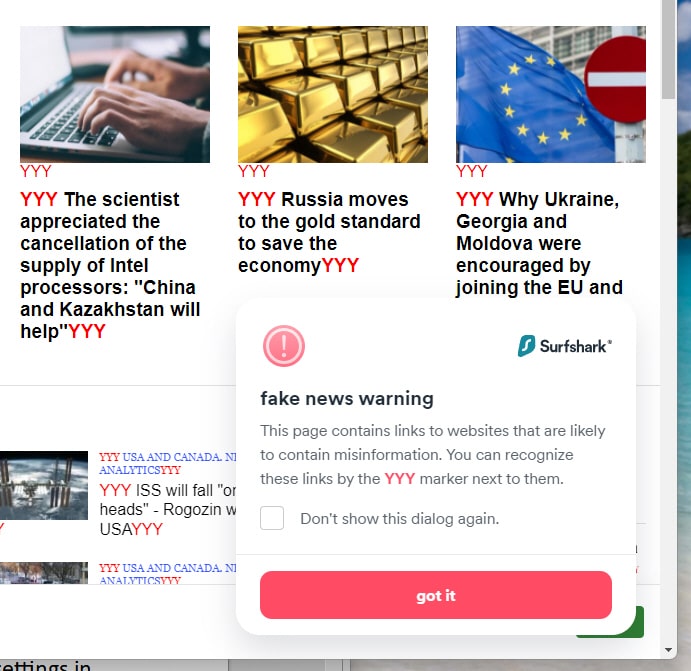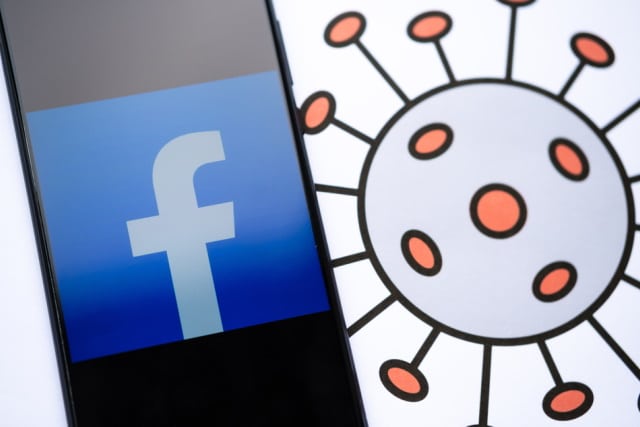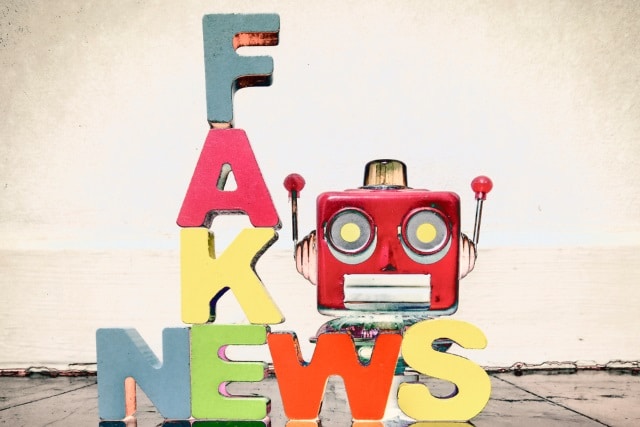
Meta will continue to use fact checkers -- for now, at least, and only outside of the US
When Mark Zuckerberg announced recently that Meta was ditching fact checking on Facebook and Instagram in favor of X-style community notes, the response was very mixed. While hardly a clean line between the two camps, those with conservative political leanings tended to see this as a good thing, while those of a more liberal bent voiced concerns about the potential for misinformation.
The recent announcement about moving away from fact checking was widely seen as Zuckerberg trying to curry favor with Donald Trump, now installed as the 47th president of the USA. Now a new pronouncement from the company makes it hard to shake the notion that stepping away from fact checking was a politically motivated move.

Apple decides to disable its broken AI-powered news summaries
While Apple was excited to roll out news summaries powered by artificial intelligence, the reception has been somewhat muted because of some serious issues. The Apple Intelligence notification summaries were found to be sharing misleading or incorrect news headlines.
The BBC and other news outlets complained that their names were being used to spread misinformation, and Apple responded by promising an update to the service. For now, though, the company seems have to changed its mind, opting instead to simply disable notification summaries.

Apple to issue iOS update to avoid AI-generated fake headline confusion
In what could be seen as a perfect demonstration of AI simply not being suitable for many of the things it is being used for, Apple upset the BBC recently after AI-generated headlines pushed fake news to iOS users.
Back in mid-December, the BBC complained to Apple about a headline from the iPhone-maker which stated that the murderer of healthcare insurance CEO Brian Thompson had completed suicide. While Apple said nothing in response at the time, the company has now revealed plans to change how AI-generated headlines are flagged to make the use of AI more apparent.

Meta is deprecating Facebook News in the US and Australia, as it has done in Europe
Meta has announced that it is killing off the Facebook News tab in the United States as well as Australia. The company says that the decision has been taken because it believes "that people don’t come to Facebook for news and political content".
The Facebook News tab is set to be removed in April, and Meta says that it will be focusing "time and resources on things people tell us they want to see more of on the platform, including short form video". The dedicated tab for news has already been deprecated in France, Germany and the UK.

ChatGPT's role in the fake news phenomenon
Following its explosion onto the scene in November 2022, it has been hard to ignore ChatGPT. With the ability to answer questions, solve problems, and create content -- to name just a few of its competencies -- the artificial intelligence (AI) chatbot can be hugely beneficial to businesses and employees. Whether used to avoid trawling the internet for the answer to a question, write a blog post, or simply inspire an idea for a new product, it can certainly help cut costs and save time and resources.
Yet, the use of ChatGPT has caused a lot of debate and controversy. One of the main areas of concern is around employment -- if AI can do the same, if not a better, job than humans, for a fraction of the cost, are business leaders likely to replace humans with this technology? Goldman Sachs has predicted that as many as 300 million full-time jobs could be diminished or lost to AI and automation technology. However, it is not as straightforward as some of the most pessimistic outlooks make it seem.

How AI is being used to spread misinformation
A new research paper from ShadowDragon examines how AI, such as ChatGPT, is being used to spread hate and misinformation via fake reviews and deepfakes.
Written by Nico Dekens, director of intelligence, collection innovation at ShadowDragon, the paper looks at how to identify AI-generated materials online that are intentionally spreading false information or worse.

What are the top 5 tools to effectively combat fake news?
When we’re going about our days -- ingesting media from a mountain of different sources -- it is always possible that the information we come across, be it in print, radio, or on the internet, may not be accurate. False information has been around since the beginning of time, but due to the ever-present online world, we are now more likely to consume content that is distorted or fabricated unintentionally.
People are used to having their thoughts shaped by the material they come across online, for example, through influencer marketing or celebrity endorsements. Even if facts don't back up these opinions, they still have a significant impact, and a lot of false news is created to evoke strong emotions. Therefore, it is essential that we take a moment to check if what we have read or heard is true when our feelings are affected.

Harnessing the power of AI to combat fake reviews [Q&A]
There's a lot of talk about how artificial intelligence (AI) is changing the world. And it's true -- AI has already started transforming the healthcare, finance, and manufacturing industries. But there's one area where AI is causing some severe problems: fake reviews.
We spoke with Truely CEO JP Bisson about AI technology and how companies can use it to protect their interests.

Surfshark launches free plug-in to help spot fake news
Fake news and disinformation has long been a problem on the internet and no more so than at present as both sides in the Ukraine conflict engage in an information war.
It's timely then for Surfshark to launch a free extension for Chrome and Firefox that detects and highlights website links from various media and other websites that are known to spread fake news and misinformation.

Ukraine conflict: Twitter starts labeling tweets that link to Russian state media
Russia’s invasion of Ukraine has brought immediate condemnation from other countries, and while they won’t be sending in troops to help the Ukrainian fight-back, the barrage of sanctions coming from all angles is certainly going to hit Russia hard.
We’ve been seeing companies and organizations doing their bit to put the pressure on Putin's Russia too -- hacktivist collective Anonymous has certainly been hard at work here -- and today, Twitter has announced it will increase its fight against misinformation coming from Russian media organizations.

Facebook will let you know if you've been reading nonsense about coronavirus
As the world struggles to deal with the coronavirus pandemic, there is another battle taking place online -- the battle against misinformation. Well-aware that its platform is being used to spread false and misleading information about the disease, Facebook is taking action to try to stem the flow.
The social media giant, like other technology companies, has already taken steps to ensure people have access to reliable information, but now it is going further. Facebook will now retroactively alert people who have interacted with "harmful misinformation about COVID-19".

Wikipedia founder Jimmy Wales has a new ad-free, news-focused social network, WT:Social
Social media has evolved over the years in ways that few could have predicted. The likes of Facebook and Twitter are used not only for keeping in touch with friends and family, but also for keeping up to date with news.
But there are endless problems with current social networks, with ads and fake or misleading news being serious problems and irritants. Jimmy Wales, the founder of Wikipedia, has launched a new social network called WT:Social. It is free from ads and has a news focus. Importantly, users are able to edit headlines which are incorrect or deceptive.

Apple is going to educate the US and Europe on how to avoid fake news
Apple has announced that it is to support initiatives in the US and Europe that seek to improve media literacy. The aim is to "encourage critical thinking and empower students to be better informed" by teaching people how to find reliable sources and avoid fake news.
In the US, Apple is throwing its support behind the News Literacy Project (NLP) and Common Sense, while in Europe it is Osservatorio that will reap the benefits of the company's backing. All three are non-profit organizations that provide nonpartisan, independent media literacy programs.

Fake news: OpenAI's 'deepfakes for text', GPT2, may be too dangerous to be released
OpenAI -- a company backed by Elon Musk -- has created an artificial intelligence system called GPT2 that's capable of writing fake news. The system is also capable of generating works of fiction, and it has been described as being so dangerous that it may not be publicly released.
The stories written by GPT2 have been called "deepfakes for text" and can be generated by feeding the system just a few words. The style is far more sophisticated than most AI-generated text, and the news stories it can generate are so convincing that there are serious concerns about the potential for misuse.

Health experts call on Facebook to close anti-vaxxer groups
Facebook is under pressure to stem the flow of pseudoscience among its users. The social network has faced criticism and pressure about many issues including the dissemination of fake news and disinformation, and false information spread by anti-vaxxers is the latest target of concerned experts.
There has been much concern about how Facebook could be used to influence elections, but there are growing calls for the social media giant to step in and prevent anti-vaccinations groups from being used to spread false information. Despite medical evidence pointing to not only the efficacy but also the safety of vaccinations, the anti-vaxxer movement has found a home on Facebook which experts say is dangerous.
